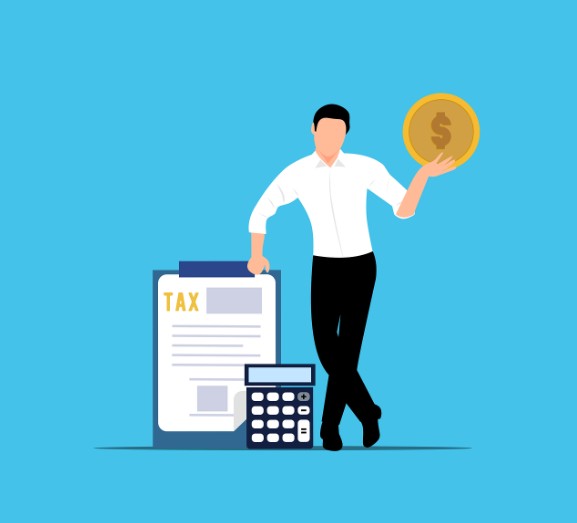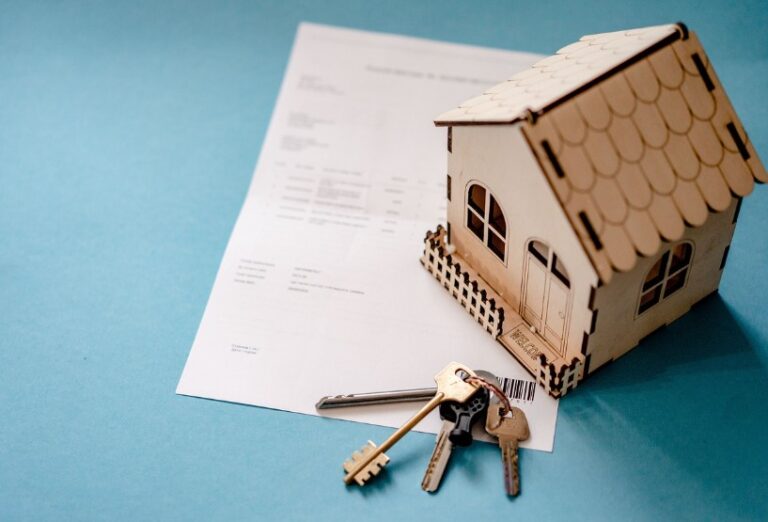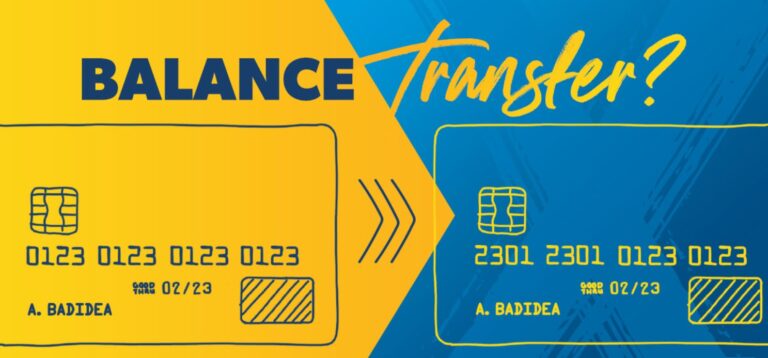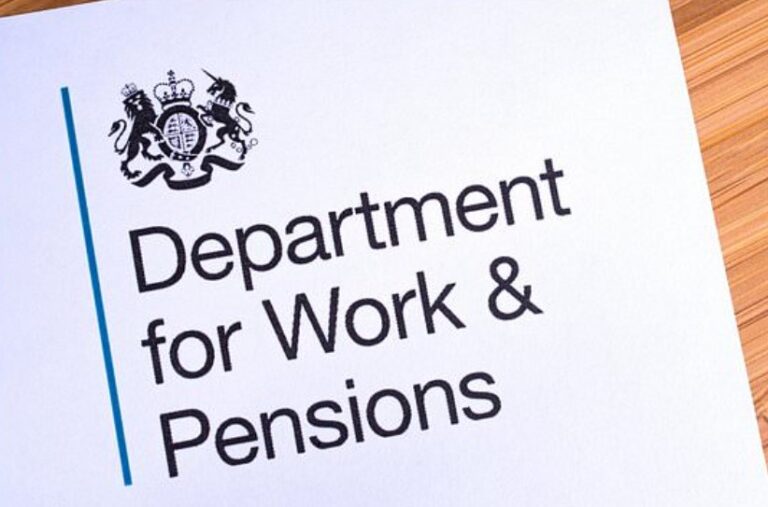How Does HMRC Collect Tax on Savings Interest?
A Complete, In-Depth Guide for UK Savers
Saving money is essential for building financial security, but an often overlooked question is: how does HMRC collect tax on savings interest?
If you have one or multiple savings accounts, you may wonder whether tax is automatically deducted, whether you need to report anything, or whether you’re paying too much or too little tax.
Whether you are employed, self-employed, a pensioner, a basic-rate taxpayer, or a higher-rate taxpayer, this is your complete reference for savings tax in the UK.
Why Does HMRC Tax Savings Interest?
In the UK, any money you earn — whether through work, investments, property, or savings — is considered income. HMRC’s role is to ensure that income from all sources is taxed fairly.
Savings interest is passive income generated by the money you deposit with banks, building societies, or savings providers. Even though you’re not actively working for this money, it is still part of your taxable earnings.
Taxing savings interest is part of the UK’s approach to ensuring everyone contributes fairly to public services, but the system is designed to be reasonable — most savers benefit from generous allowances that reduce or eliminate their savings tax bill.
What Are the Tax-Free Allowances for Savings Interest?
The Personal Savings Allowance (PSA)
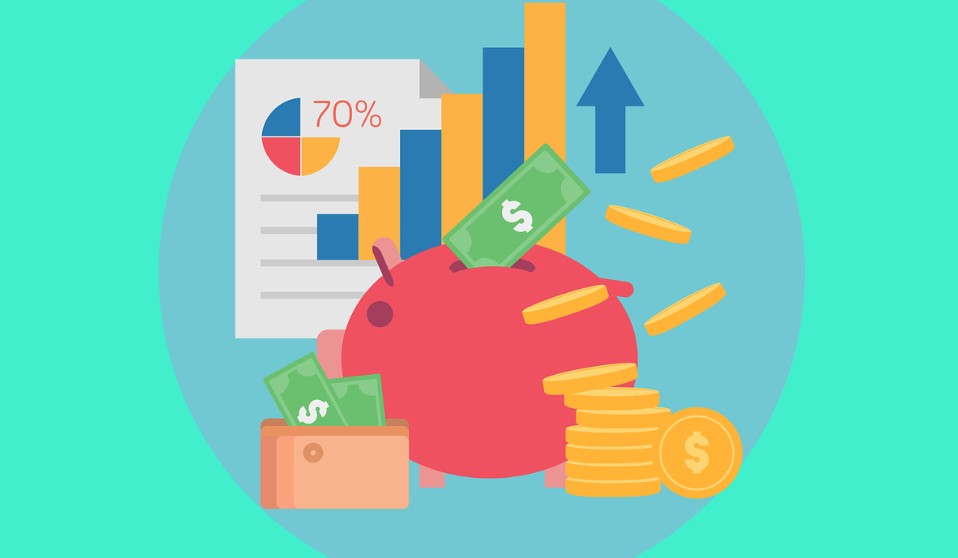
The UK government provides a tax-free buffer known as the Personal Savings Allowance. This allowance lets you earn a certain amount of savings interest each tax year without paying tax on it.
How Much Can You Earn Tax-Free?
| Income Tax Band | Personal Savings Allowance |
|---|---|
| Basic Rate (20% taxpayers) | £1,000 |
| Higher Rate (40% taxpayers) | £500 |
| Additional Rate (45% taxpayers) | £0 |
Example Scenarios:
- If you earn £900 interest and are a basic-rate taxpayer, you will not pay any tax.
- If you earn £1,500 interest and are a higher-rate taxpayer, you will pay tax on £1,000 (£1,500 interest minus £500 allowance).
Key Notes:
- Your PSA renews every tax year on April 6th.
- The allowance is in addition to tax-free savings in ISAs.
How Does HMRC Know About Your Savings Interest?
One of the most common questions is whether you need to report savings interest to HMRC. In most cases, you don’t.
How HMRC Tracks Your Savings?
- Banks, building societies, and savings providers in the UK automatically report how much interest you earn each year.
- They provide this data to HMRC electronically.
- The interest is linked to your tax record using your National Insurance number.
This process happens behind the scenes. It ensures that HMRC knows exactly how much savings interest you earn, even if you have accounts at multiple banks.
Does HMRC See Every Account?
Yes. Each UK-regulated bank and savings provider is legally required to report your interest. If you open new accounts, the interest from these will also be reported.
Do You Need to Report Your Savings Interest?
For most people, you don’t need to report savings interest yourself.
However, there are important situations where you must actively notify HMRC.
When You Must Report Savings Interest:
- If you complete a Self-Assessment tax return (for self-employment, property, or other income sources).
- If your total untaxed savings and investment income exceeds £10,000 per year.
- If you receive interest from overseas savings accounts.
- If your bank incorrectly reports your interest to HMRC and you need to correct it.
- If you are in a complex tax situation (for example, receiving large amounts of untaxed interest or interest from family trusts).
When You Don’t Need to Report It:
- If your savings interest is from UK-based banks and is within your allowance.
- If you are employed or receiving a pension and HMRC can automatically adjust your tax code to collect any owed tax.
How Does HMRC Collect Tax on Savings Interest?
HMRC uses three primary methods to collect tax on savings interest:
1. Tax Code Adjustments (PAYE System)
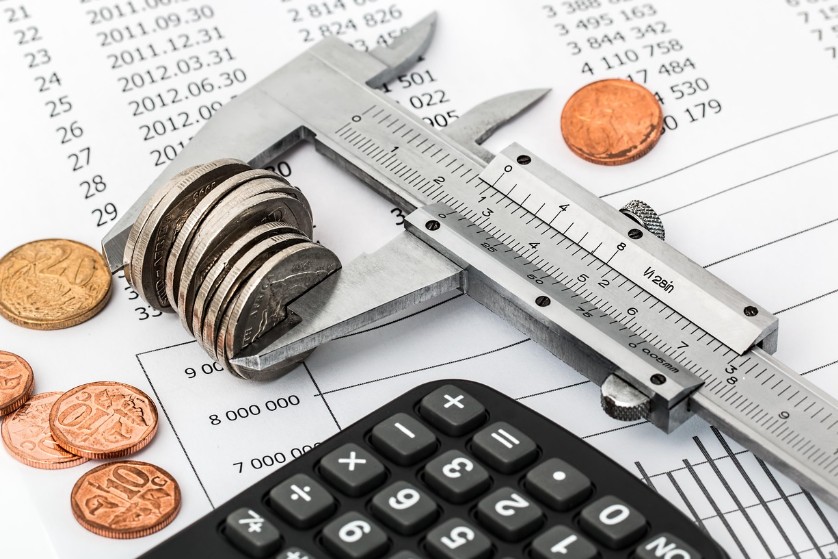
If you are employed or receiving a pension, HMRC typically collects tax on savings interest by adjusting your tax code.
How It Works:
- If you earn savings interest above your PSA, HMRC will reduce your tax-free allowance.
- This reduction is reflected in your tax code.
- The tax owed is deducted automatically from your salary or pension over the following tax year.
Example:
If you owe £200 in tax on your savings interest:
- HMRC may reduce your tax-free allowance by £1,000 (because £200 is 20% of £1,000).
- This means you will pay an extra £200 tax spread over the year via PAYE.
2. Self-Assessment Tax Return
You must use Self-Assessment if:
- Your savings and investment income exceeds £10,000 in a tax year.
- You are self-employed or have other complex income streams.
- You receive savings interest from overseas.
In your Self-Assessment:
- You report your total savings interest.
- HMRC calculates the tax due based on your total income and allowances.
If you fail to report this correctly, you may face fines or interest charges.
3. Direct Payment (Standalone Tax Demand)
If you are not in the PAYE system or HMRC cannot adjust your tax code (for example, if you are not employed or not drawing a pension), HMRC may:
- Send you a direct tax bill for any unpaid tax.
- Ask you to pay the tax in a lump sum or offer a payment plan.
This usually happens when taxes cannot be easily collected via payroll deductions.
Can Savings Interest Push You Into a Higher Tax Band?
Yes, savings interest is added to your total taxable income and can push you into the next tax bracket if you’re close to the threshold. This means you could start paying a higher rate of tax not just on your savings interest, but also on part of your other income.
It can also reduce your Personal Savings Allowance, meaning more of your interest may become taxable. That’s why it’s important to keep track of your total income across all sources.
Example:
- Your salary is £49,000.
- You earn £1,500 in savings interest.
- The higher-rate threshold is £50,270.
Your total taxable income becomes £50,500, meaning:
- You cross into the higher-rate band.
- Your Personal Savings Allowance drops from £1,000 to £500.
- The additional £1,000 in savings interest is taxed at 40%.
This is why it is crucial to monitor your total income, not just your salary.
How Are Joint Savings Accounts Taxed?

If you have a joint savings account, HMRC typically assumes the interest is split equally between all account holders, regardless of who deposited the money. This means each person is taxed on their share of the interest based on a 50/50 split for two people, unless you inform HMRC of a different ownership proportion with supporting evidence.
Declaring an unequal split is possible, but you must complete the appropriate forms and prove the true ownership of the savings. This ensures each person is taxed fairly according to their actual share.
Example:
A joint account earns £2,000 in interest:
- HMRC assumes each person receives £1,000 in interest for tax purposes.
If you and your partner have unequal contributions, you can formally request HMRC to tax the interest in a different proportion, but you must provide appropriate evidence.
Are ISAs and Premium Bonds Taxable?
Individual Savings Accounts (ISAs)
Interest earned on money held in an ISA is completely tax-free.
ISA interest:
- Does not count towards your Personal Savings Allowance.
- Does not need to be reported to HMRC.
- Is not included in your taxable income.
You can save up to £20,000 per year into ISAs across various types (Cash ISAs, Stocks & Shares ISAs, Lifetime ISAs, etc.).
NS&I Premium Bonds
Premium Bonds from National Savings & Investments (NS&I) offer tax-free prizes.
You can invest up to £50,000, and any prize you win:
- Is tax-free.
- Does not count towards your Personal Savings Allowance.
Premium Bonds are an attractive option for savers who have already used their ISA allowances.
Do You Need to Declare Overseas Savings?
If you hold savings accounts outside the UK, you must declare the interest earned on them, even if:
- The foreign bank has already taxed the interest.
- The foreign bank has not reported the interest to HMRC.
HMRC has data-sharing agreements with many countries and can trace overseas accounts.
Failure to Declare Overseas Savings:
- May result in penalties and fines.
- May trigger backdated tax payments.
- May lead to legal action in cases of deliberate evasion.
If you have overseas savings, always declare them fully in your Self-Assessment tax return.
What Happens If Your Bank Reports Incorrect Interest?
Mistakes do happen. If your bank or savings provider reports the wrong amount of interest to HMRC, it can directly impact your tax code, potentially causing you to overpay or underpay tax. This could result in unexpected tax bills or incorrect deductions from your salary or pension.
It’s important to regularly check your bank’s annual interest statements and your tax records, and contact both your bank and HMRC quickly if you spot any errors to get them corrected promptly.
What You Should Do:
- Check your annual savings statements carefully.
- Log in to your Personal Tax Account on the HMRC website to verify what HMRC believes you earned.
- Contact your bank to obtain a corrected interest summary if necessary.
- Inform HMRC and provide evidence to correct your tax record.
Failure to correct errors could result in paying too much or too little tax.
Can You Earn Savings Interest Without Paying Tax?

Yes, you can legally earn interest without paying tax by:
- Staying within your Personal Savings Allowance.
- Saving through ISAs (which are always tax-free).
- Using NS&I Premium Bonds for tax-free prizes.
- Splitting savings with your partner using joint accounts to maximise each person’s allowance.
- Keeping total income below the higher-rate tax band to retain the larger PSA.
Careful tax planning can help you keep more of your savings interest.
How to Check If You Are Paying the Correct Tax?
To ensure you are being taxed correctly on your savings interest:
- Log in to your Personal Tax Account on the HMRC website.
- Check your annual PAYE tax coding notices.
- Review your bank’s end-of-year interest summaries.
- Monitor your tax code on your payslips.
- Keep records of all savings accounts, including joint and foreign accounts.
- Contact HMRC if anything seems incorrect or if your tax code has changed unexpectedly.
Being proactive about checking your records can prevent costly mistakes.
Key Takeaways: How HMRC Collects Tax on Savings Interest?
- UK banks and building societies automatically report your savings interest to HMRC.
- Most tax is collected via tax code adjustments in the PAYE system.
- If your savings interest is substantial or comes from overseas, you must use Self-Assessment.
- ISA interest and Premium Bond prizes are always tax-free.
- Overseas savings must be fully declared to HMRC.
- Errors can occur in the reporting process, so you should always check your tax records carefully.
Frequently Asked Questions (FAQs)
Do I Need to Report ISA Interest to HMRC?
No. ISA interest is always tax-free and does not need to be reported.
Does HMRC Know About All My Savings Accounts?
Yes. All UK-regulated banks and savings providers report interest earned directly to HMRC.
What is the £5,000 Starting Rate for Savings?
If your total income (excluding savings) is less than £12,570 (Personal Allowance) + £5,000 (Starting Savings Rate Band), you may pay 0% tax on up to £5,000 of savings interest. This is a separate tax-free band that benefits low-income earners.
Can Children’s Savings Accounts Be Taxed?
Yes. If a child earns more than £100 interest per year on money gifted by parents, the interest is taxed as the parents’ income. There is no tax if the money is gifted by grandparents or other relatives.
What Happens If I Forget to Report Overseas Savings?
HMRC may impose fines, interest, and demand backdated tax payments. HMRC works with over 100 countries to track overseas accounts.

